Blockchain technology will serve as the backbone of our future digital world, and the digital revolution we have all been anticipating has already begun. Future technology hubs, such as Dubai, are home to numerous blockchain professionals, companies and events bringing the sector to life, including IEEE Future Networks World Forum 2024.
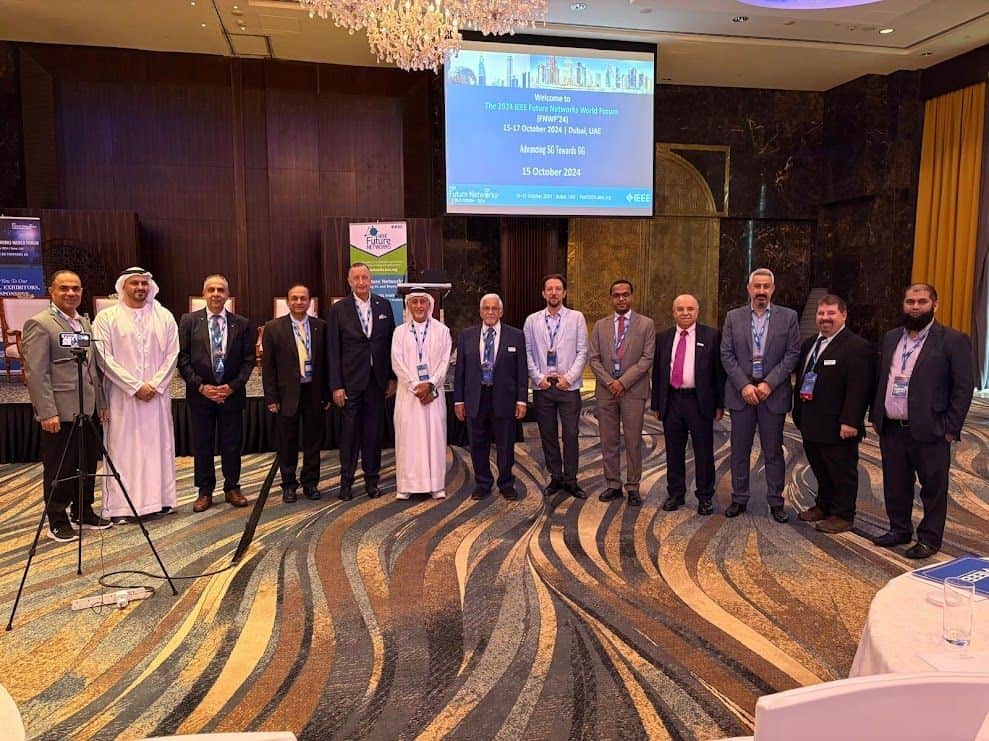
From October 15-17, the 7th IEEE Future Networks World Forum took place at Raffles Dubai, uniting students, researchers, industry professionals, entrepreneurs, non-governmental organizations (NGOs) and government officials worldwide. The conference included keynote speakers, panels, topicals/verticals, tutorials, technical papers, workshops, a student leadership summit, Women in Engineering (WIE) and Young Professionals Forum amongst other activities.
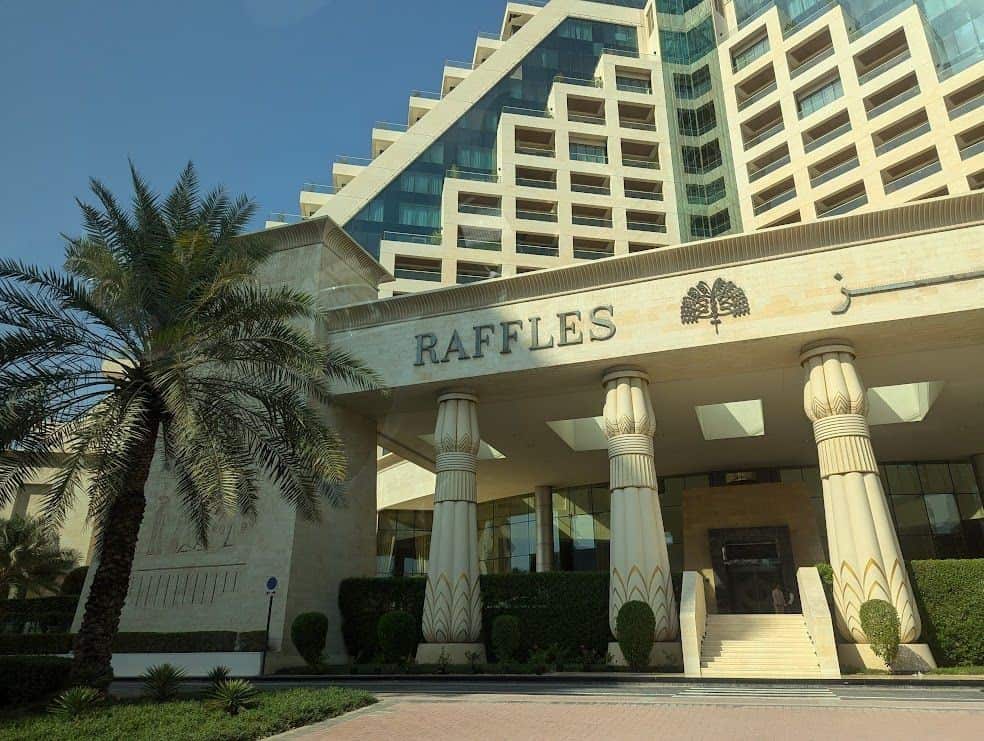
“The main goal of 2024 IEEE Future Networks World Forum was to foster an environment of collaboration among the academics, startups, industries and government and provide an open and neutral platform to everybody in the world to engage in a discussion to develop the future network technologies”, the event’s organizer, Dr. Ashutosh Dutta, shared with CoinGeek.
The main topics of discussion included Future Networks, 5G/6G, Smart Cities, artificial intelligence (AI), the Internet of Things (IoT) and, of course, blockchain.
When asked why it is important to include a blockchain element in the IEEE Future Networks World Forum agenda, Dr. Dutta cited blockchain as an essential security measure, an important ingredient for Future Networks that permeates through all the layers of communication.
“Due to the distributed nature of 5G and 6G networks, it is important to have a security technology that can be implemented in a scalable manner spanning across home networks and visited networks. Blockchain is ideally suited to support security for edge networks, network slicing and roaming,” he added.
The event’s keynote speakers included big names such as “Father of the Internet” Vint Cerf, VP, Chief Evangelist at Google (NASDAQ: GOOGL), and representatives from the European Commission, University of Dubai, China Mobile and nChain’s Giovanni Franzese, Head of IP Commercial Operations, who was there to speak on blockchain.
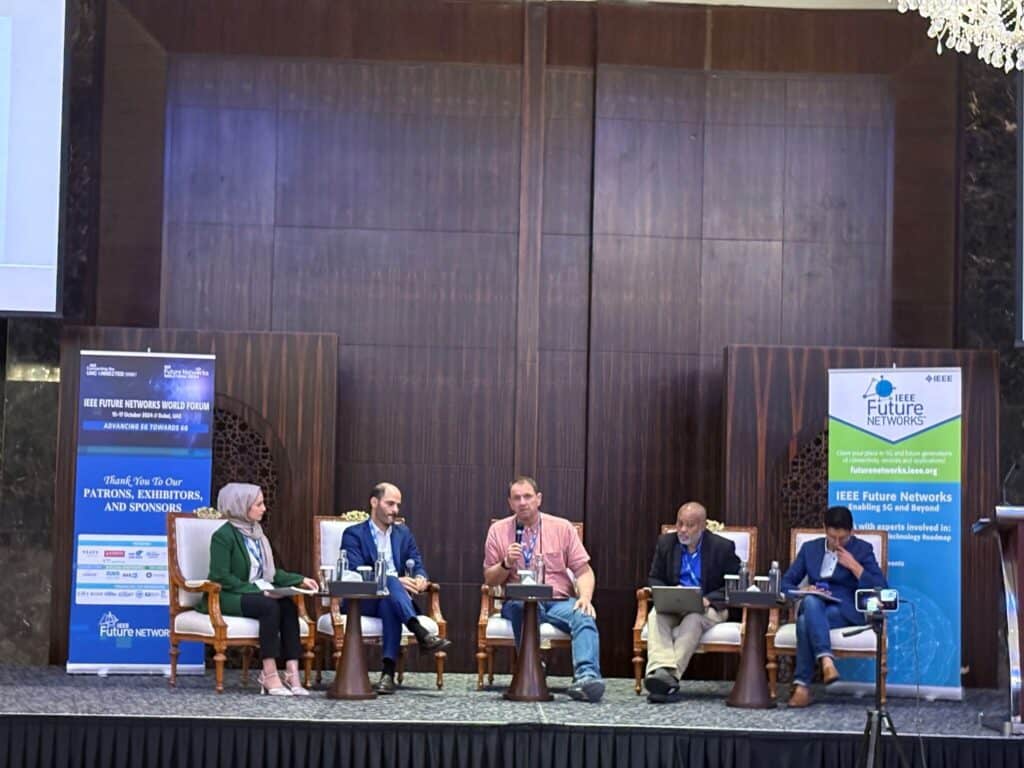
The main points of Franzese’s keynote included blockchain as an extended part of an enterprise or institutional blueprint architecture, citing a real-world use case using blockchain and highlighting a public blockchain (vs. private/permissioned blockchain protocols) can be used in an enterprise environment.
“Blockchain is a complementary piece of architecture. I have showed the real use case of Fukushima city, aiming to replace physical vouchers with their digital twins, i.e. tokens, which are a digital representation of such paper vouchers with plenty of benefits such as cost reduction, speed, fractional ownership, etc,” Franzese told CoinGeek.
“The use case I presented was an initial academic paper in collaboration with Keio University, a very prestigious University in Japan,” he said.
“I offer a bridge to the real world through real use cases and showing how advanced technology like blockchain can move from academic to reality,” Franzese added.
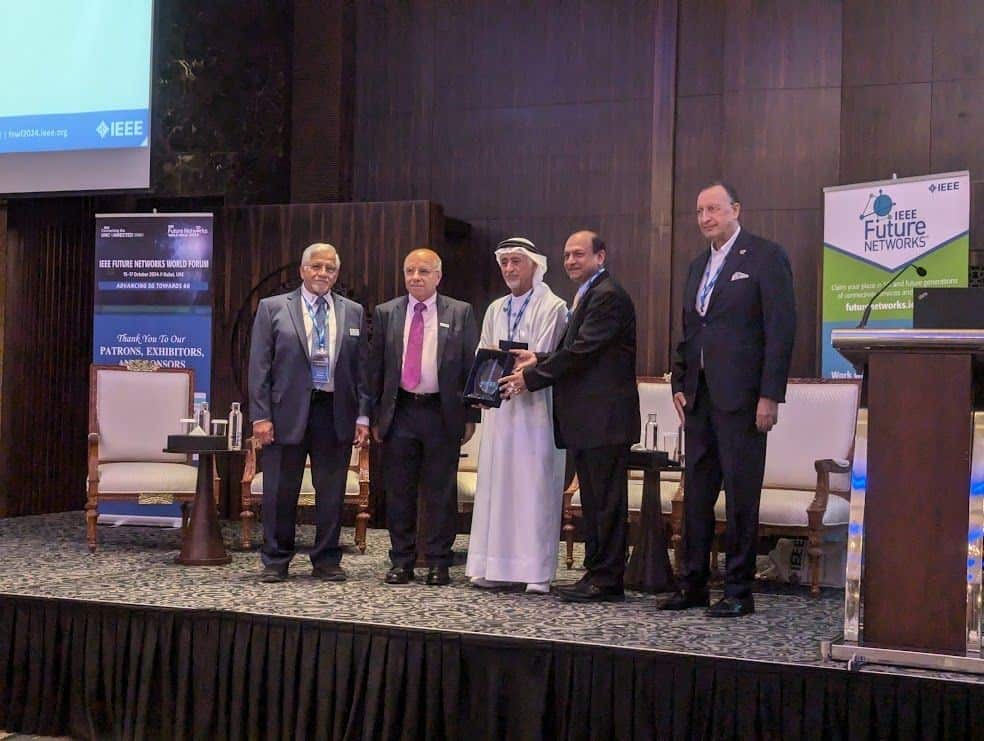
The 8th IEEE Future Networks World Forum took place in Bangalore, India in the last week of October 2025, Dr. Dutta revealed to CoinGeek.
How much progress do you think enterprises will make with adtoping blockchain technology between now and then? Only time will tell, but its clear we most certainly are moving in the right direction.
Watch: Developers can propel the BSV blockchain forward

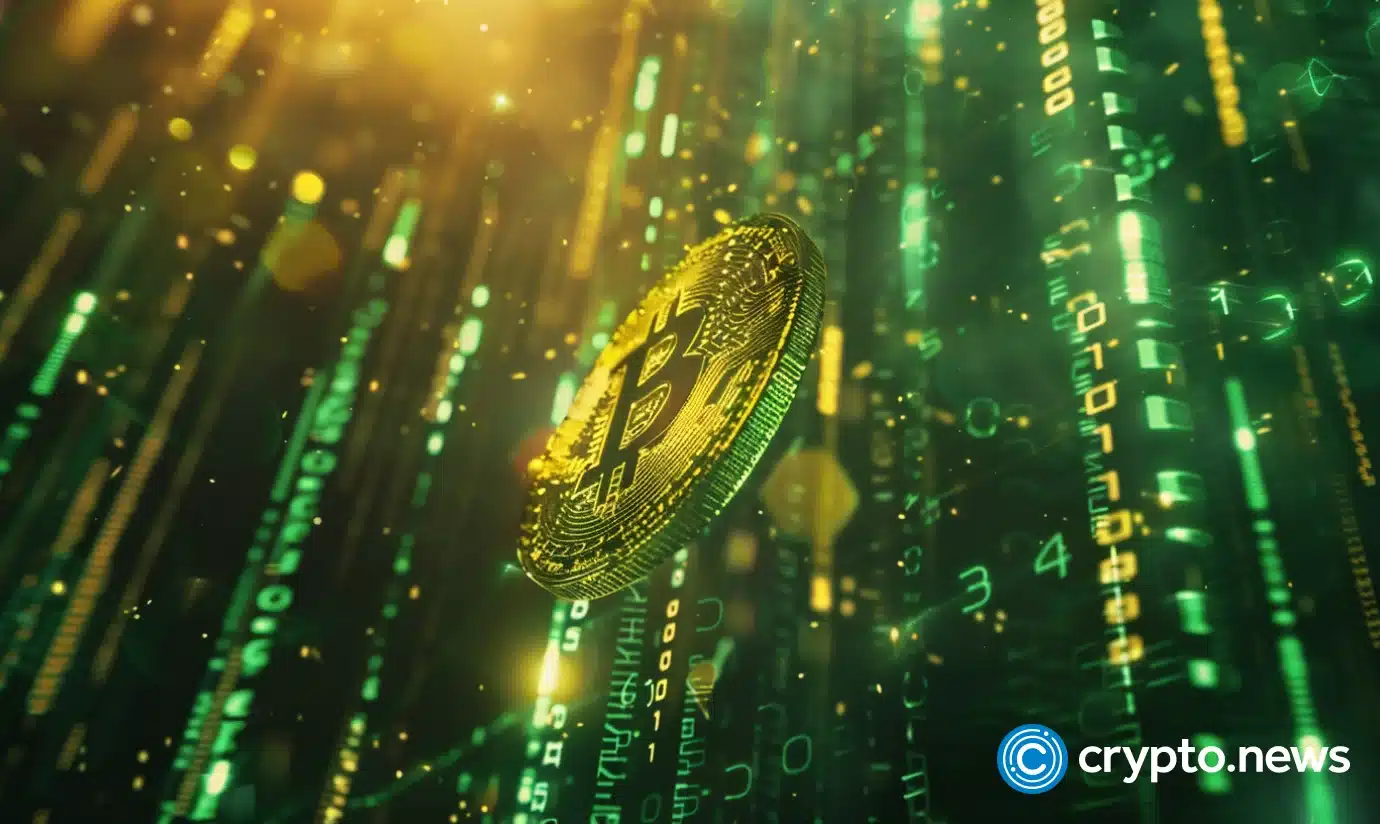


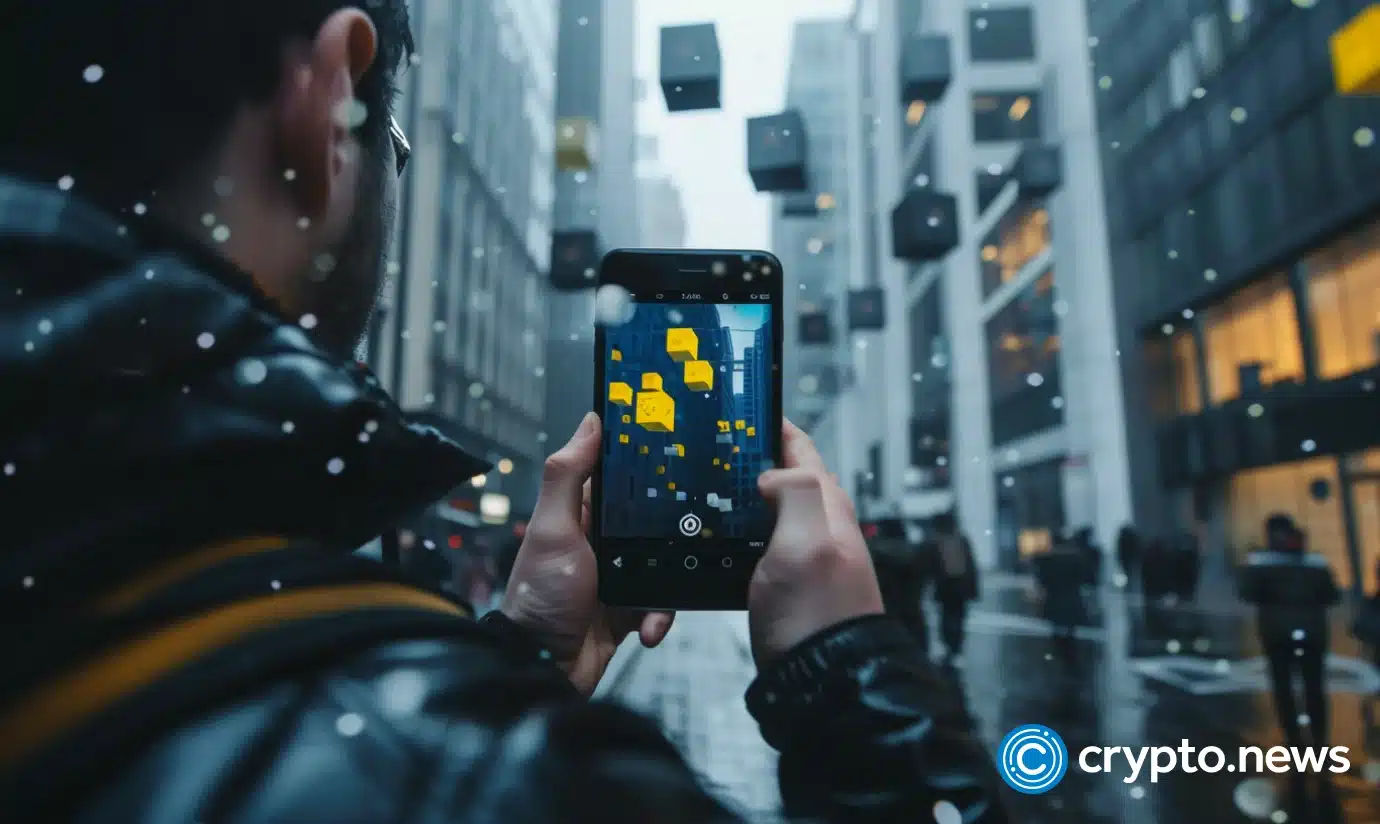
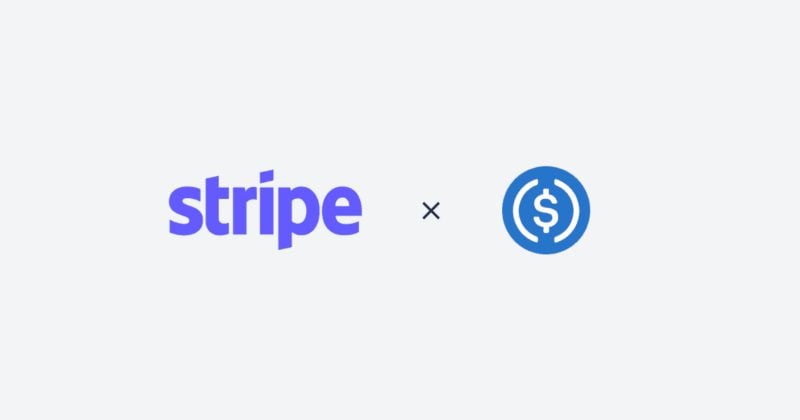
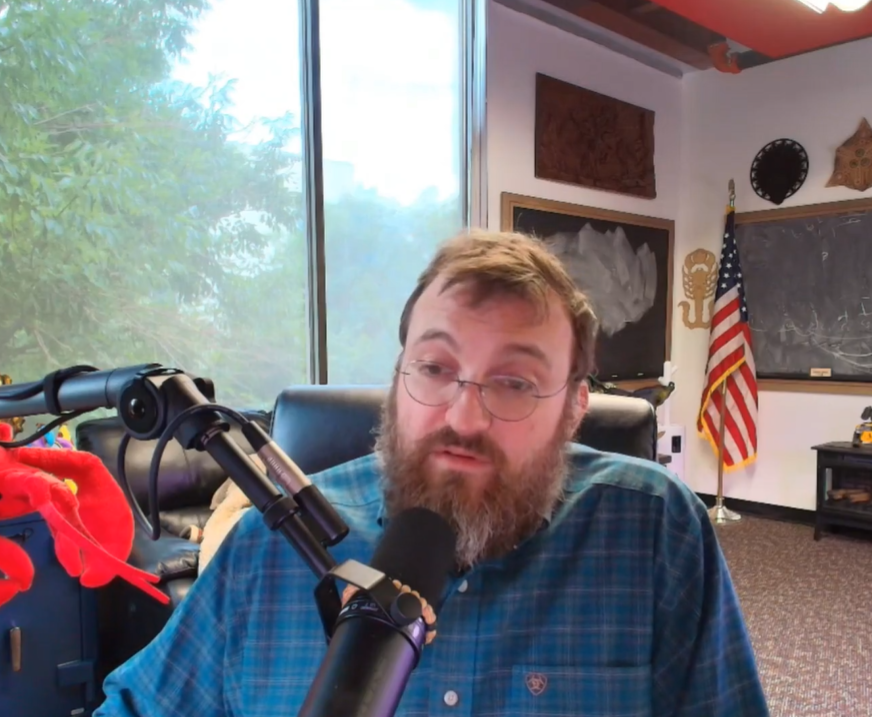
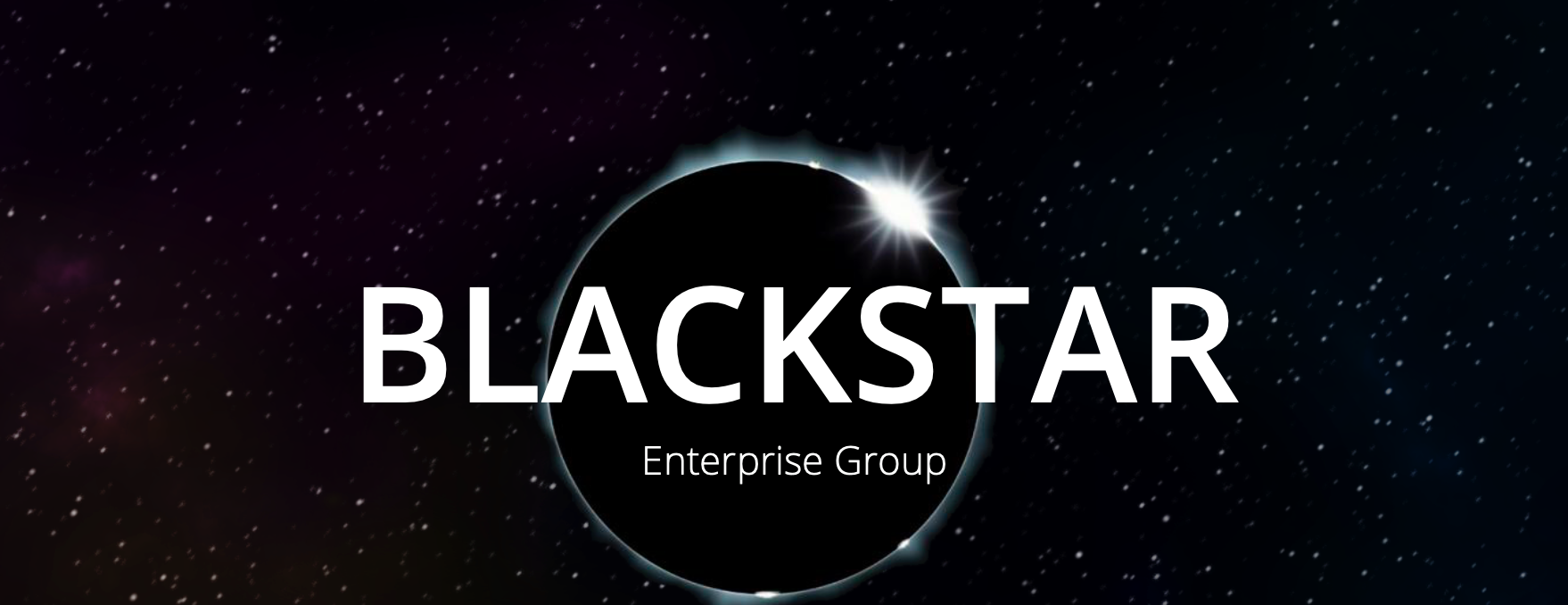
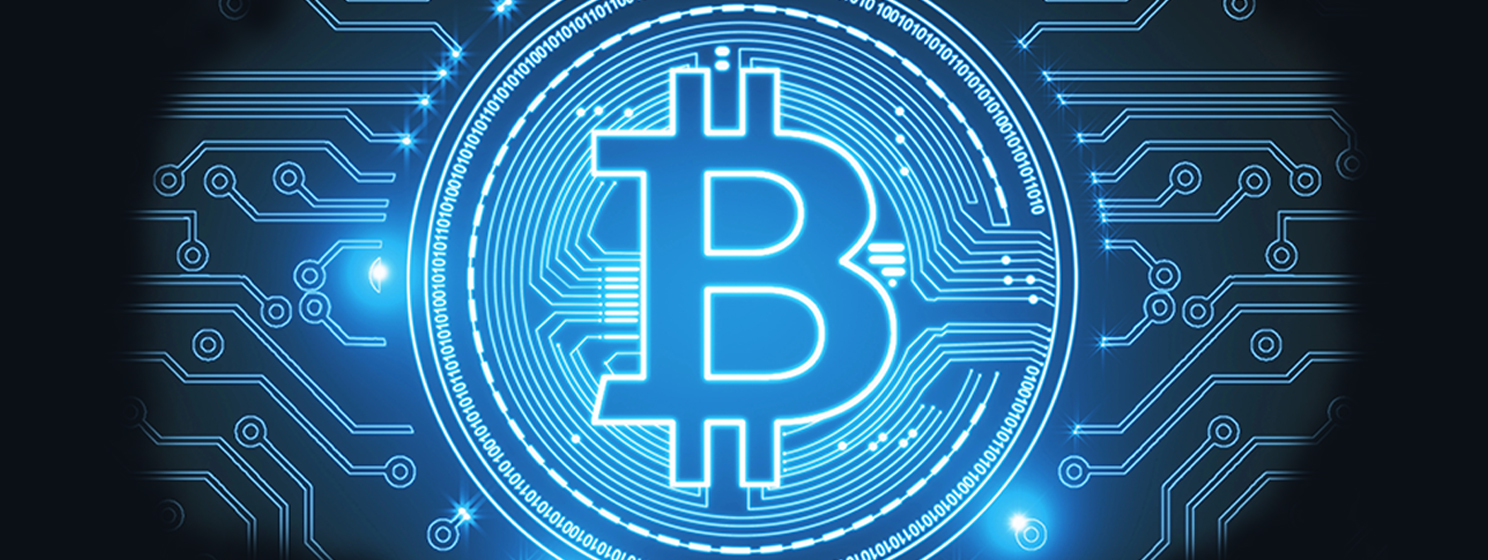

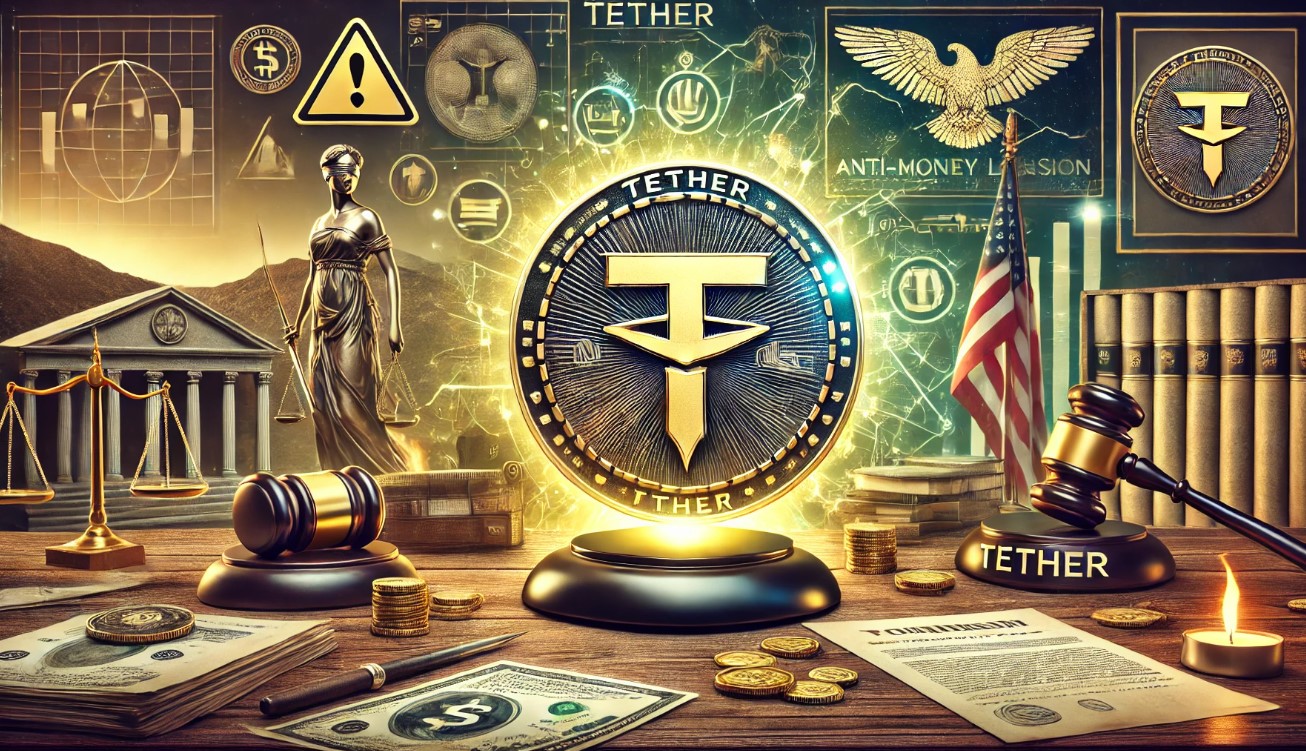




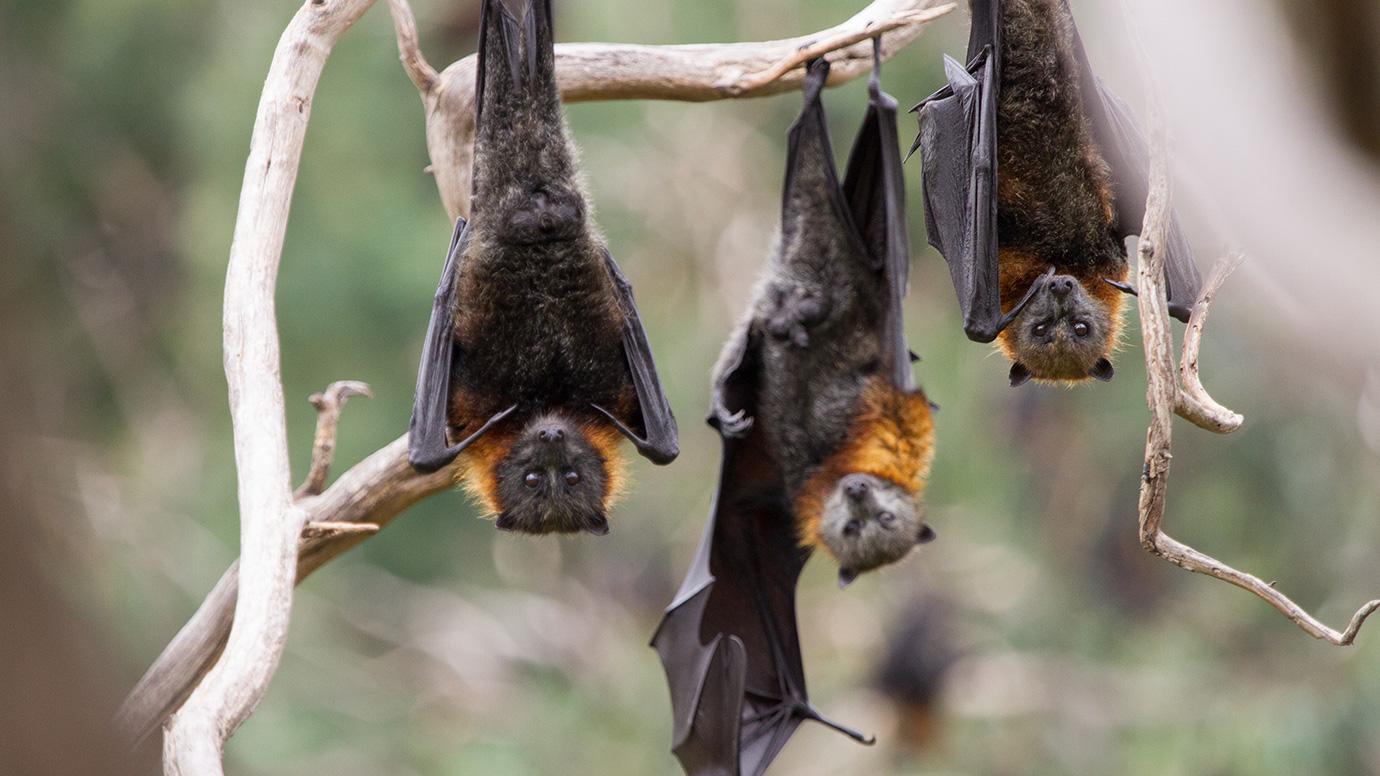

 English (US) ·
English (US) ·